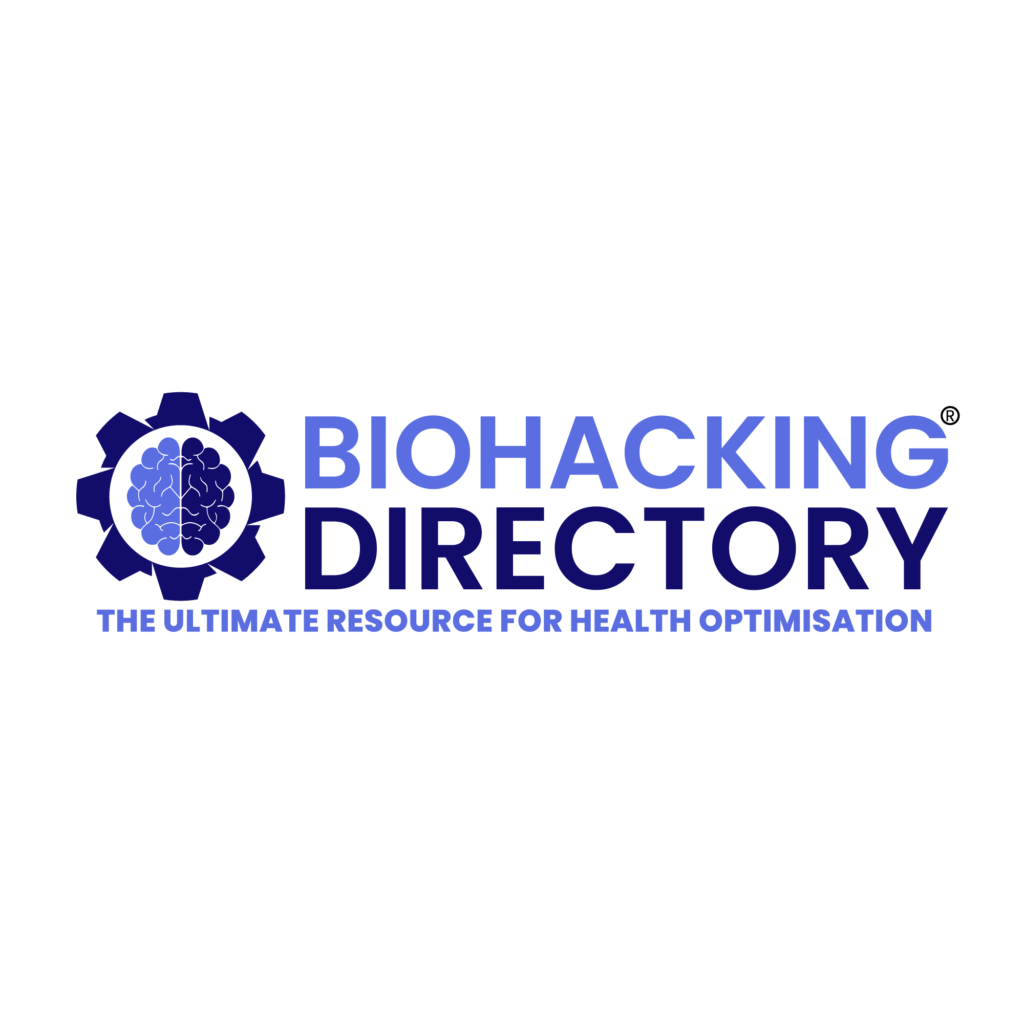In today’s fast-paced world, the quest for improved cognitive performance has become increasingly important. From students seeking academic success to professionals striving for peak productivity, the desire to enhance cognitive abilities is widespread. Neuroenhancement, the use of substances or techniques to optimize brain function, has emerged as a popular approach to achieve these goals. This article will explore the concept of neuroenhancement, its potential benefits and risks, and various methods individuals can employ to improve cognitive performance.
Understanding Neuroenhancement:
Neuroenhancement refers to the deliberate enhancement of cognitive abilities beyond what is considered normal or typical. This can be achieved through the use of pharmacological substances, lifestyle modifications, or cognitive training techniques. The goal of neuroenhancement is to unlock the brain’s potential, improving memory, focus, creativity, and overall cognitive functioning.
Methods of Neuroenhancement:
1. Pharmacological Interventions:
a) Nootropics: Nootropics, also known as smart drugs or cognitive enhancers, are substances that aim to enhance cognitive abilities. Common examples include Modafinil, Piracetam, and Caffeine. These compounds work by targeting neurotransmitter systems, increasing alertness, attention, and memory. It is important to note that the long-term effects and safety of some nootropics are still being researched.
b) Nutritional Supplements: Certain supplements, such as Omega-3 fatty acids, B vitamins, and antioxidants, have shown potential in supporting brain health and cognitive function. These supplements can be easily incorporated into a well-balanced diet and may provide cognitive benefits when used in conjunction with a healthy lifestyle.
2. Lifestyle Modifications:
a) Exercise: Regular physical exercise has been linked to improved cognitive function. Exercise increases blood flow to the brain, promotes neuroplasticity, and enhances memory and attention. Incorporating aerobic exercises, strength training, or even walking into your routine can have a positive impact on cognitive performance.
b) Sleep: Quality sleep is vital for optimal cognitive function. During sleep, the brain consolidates memories, rejuvenates neural connections, and enhances overall cognitive performance. Maintaining a consistent sleep schedule, creating a sleep-friendly environment, and practicing good sleep hygiene can contribute to improved cognitive abilities.
c) Healthy Diet: A well-balanced diet rich in fruits, vegetables, whole grains, lean proteins, and healthy fats provides essential nutrients for brain health. Consuming foods high in antioxidants, such as blueberries and dark chocolate, may have cognitive benefits. Additionally, staying hydrated is crucial for optimal brain function.
3. Cognitive Training:
a) Meditation: Regular meditation practice has been shown to improve focus, attention, and working memory. Mindfulness meditation, in particular, helps to cultivate mental clarity and reduce stress, thereby enhancing cognitive performance.
b) Brain Training Apps: Various smartphone apps and computer programs offer cognitive exercises designed to improve memory, attention, and problem-solving skills. These apps typically involve puzzles, memory games, and other mental challenges to stimulate brain activity.
Potential Risks and Ethical Considerations:
It is important to approach neuroenhancement with caution and consider potential risks and ethical implications. Some key considerations include:
1. Side Effects: Certain pharmacological interventions may have side effects, including headaches, insomnia, or gastrointestinal issues. It is essential to consult a healthcare professional before using any substances to understand potential risks and ensure their safe use.
2. Dependency: Some substances used for neuroenhancement, such as prescription medications, have the potential for dependency and abuse. It is crucial to use these substances responsibly and as directed by a healthcare professional.
3. Ethical Concerns: The use of neuroenhancement in academic or professional settings raises ethical questions, such as fairness and the potential for creating an uneven playing field. Society must consider the ethical implications of using cognitive enhancers in competitive environments.
Conclusion:
Neuroenhancement offers a range of possibilities for individuals seeking to optimize cognitive performance. Whether through pharmacological interventions, lifestyle modifications, or cognitive training, there are various approaches to unlock the brain’s potential. However, it is essential to approach neuroenhancement with caution, considering potential risks, and addressing ethical concerns. Consulting healthcare professionals, maintaining a healthy lifestyle, and prioritizing overall well-being are crucial for achieving sustainable cognitive enhancement.
References:
1. Greely H, Sahakian B, Harris J, et al. Towards responsible use of cognitive-enhancing drugs by the healthy. Nature. (https://www.nature.com/articles/456702a)
2. Diamond A, Ling DS. Conclusions about interventions, programs, and approaches for improving executive functions that appear justified and those that, despite much hype, do not. Dev Cogn Neurosci. (https://www.sciencedirect.com/science/article/pii/S1878929319300063)
3. McMorris T, Hale BJ. Differential effects of differing intensities of acute exercise on speed and accuracy of cognition: a meta-analytical investigation. Brain Cogn. (https://pubmed.ncbi.nlm.nih.gov/22819658/)
4. Scholey A, Ossoukhova A, Owen L, et al. Effects of American ginseng (Panax quinquefolius) on neurocognitive function: an acute, randomised, double-blind, placebo-controlled, crossover study. Psychopharmacology (Berl). (https://pubmed.ncbi.nlm.nih.gov/20556631/)








5 Responses
Your point of view caught my eye and was very interesting. Thanks. I have a question for you. https://accounts.binance.com/cs/register-person?ref=OMM3XK51
Your point of view caught my eye and was very interesting. Thanks. I have a question for you.
Thanks for sharing. I read many of your blog posts, cool, your blog is very good. https://accounts.binance.info/lv/register?ref=SMUBFN5I
Thanks for sharing. I read many of your blog posts, cool, your blog is very good. https://accounts.binance.com/it/register-person?ref=P9L9FQKY
I don’t think the title of your article matches the content lol. Just kidding, mainly because I had some doubts after reading the article.